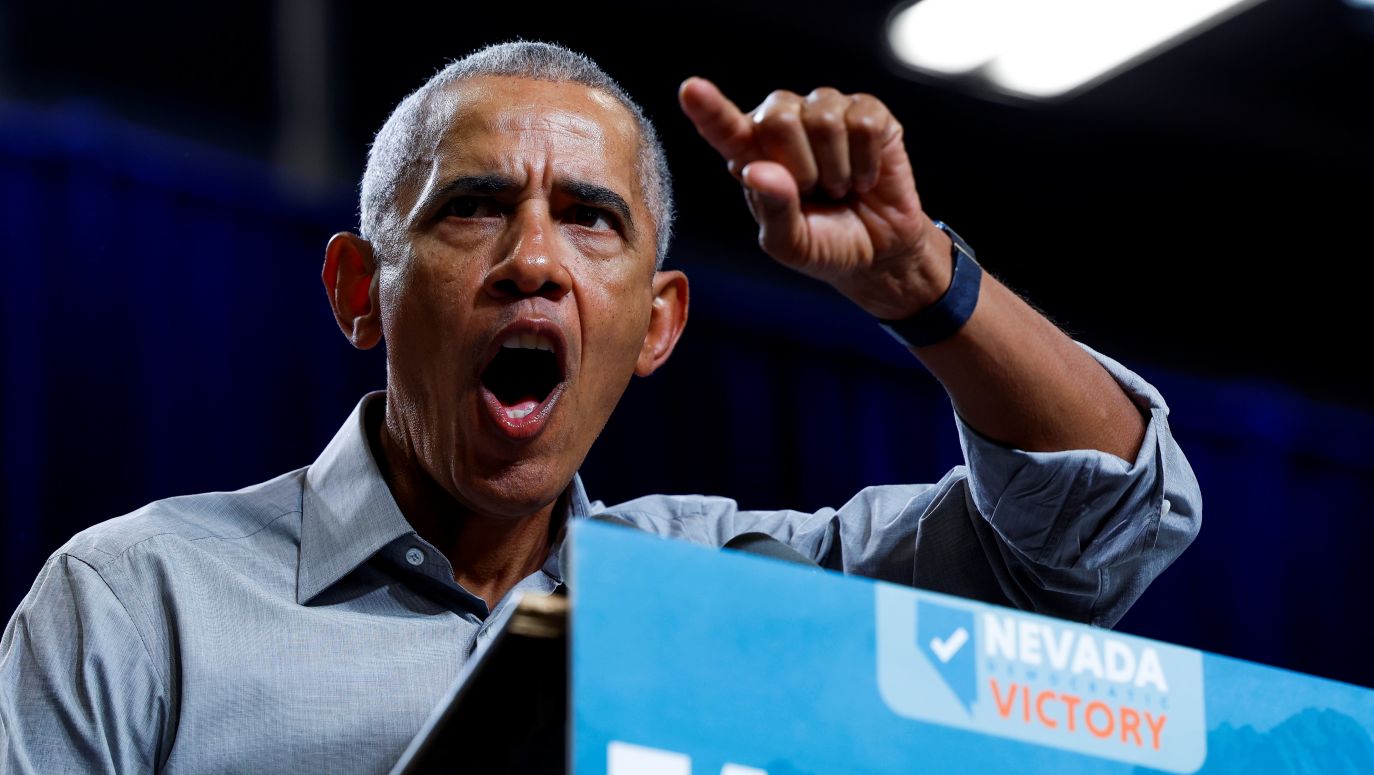Supporters of both parties agree on one thing: it’s their political rivals who pose the real threat to democracy and, if not stopped in time, they will “destroy America.” Geographically, the division roughly looks like this: the left-wing “blue” states of the East and West Coast, the Republican center (especially the South) with metropolises like Chicago being Democratic strongholds. And thus divided, America will again fight a political battle on Tuesday, November 8, 2022, although – depending on the state – early voting or vote by mail, has been going on since September 23.
The pendulum swings every few years
The parliamentary elections in America’s constitutional republic are governed by cycles. When you get into the Senate or the House of Representatives – and the fight takes place in single-member constituencies – you gain the advantage of being recognized and belonging to a congressional group, being (a charm of a two-party system) in the majority or the minority.
 SIGN UP TO OUR PAGE
SIGN UP TO OUR PAGE 
This is related to a structural advantage over potential competitors: access to campaign funds, support from national leaders, and in particular, using the image power of the president, if he is from your party. The support of the White House (let’s not forget that the presidency is the only office that all Americans vote for together, and only once every four years) for a congressman or senator gives other advantages, including in the local media market, sucking up almost all of the competition’s political oxygen.
On the other hand, the midterm elections to Congress – held in the middle of each president’s term – become a referendum on their politics. And although this year the fight took place in 435 single-member constituencies for the House of Representatives and in 35 states electing senators (34 for permanent, 6-year terms and one election to complete the term of a senator who resigned), as usual, they were also a referendum on just under two years of the president’s administration. And this year, it’s also a referendum on the entire Democratic Party, which controls both houses of Congress under the “winner takes all” principle and exercises total power over Washington politics.
Historically, midterms have always been a problem for the party in power as it tends to lose support due to the daily grind of governance. Sometimes, however, elections resemble a sharp “swing of the pendulum” (to use the term of electoral trend researcher, Larry Sabato) or an “electoral tsunami” that sweeps away politicians across the country associated with an unpopular president.
There have been three such waves in recent times. It brought the Republicans to power twice: in 1994 (they won an additional 54 seats in the House and 8 in the Senate, taking power in Congress for the first time since... 1953) and in 2010 (an additional 63 seats in the House, the biggest such change since 1948). Democrats had their wave during Donald Trump’s presidency when they took control of the House of Representatives with 41 additional seats in Congress in 2018. Polls predict that 2022 will be remembered in the annals of history as the time of the “red tsunami,” a huge victory for the Republicans. And yet, it turned out differently.
Instead of a big tsunami that was expected — it was a minor wave. The Republicans should have taken control of both chambers of Congress, but the poor quality of candidates (mostly supported by Donald Trump) allowed Democrats to limit their losses at the local level. This election only deepened the balkanization of the United States.
Inflation like a nuclear explosion
Why was victory forecast? If I were to use just one word it would be inflation. Soaring prices (the last time it was like this was under President Jimmy Carter in the 1970s) are like an atomic bomb exploding for those in power – the wave of responsibility sweeps everyone away.
The main reason is the declining purchasing power of the dollar, which affects all Americans, and especially those who earn the least. For them, each visit to the grocery store or gas station is a reminder of why inflation is called “the tax on the poor.” A look in your wallet or at credit card statements is enough to understand that with inflation at 8.2%, every working American essentially works a month a year for free. And election ads aren’t needed to understand this truth – everyone feels it in their day-to-day life.


 SIGN UP TO OUR PAGE
SIGN UP TO OUR PAGE 






